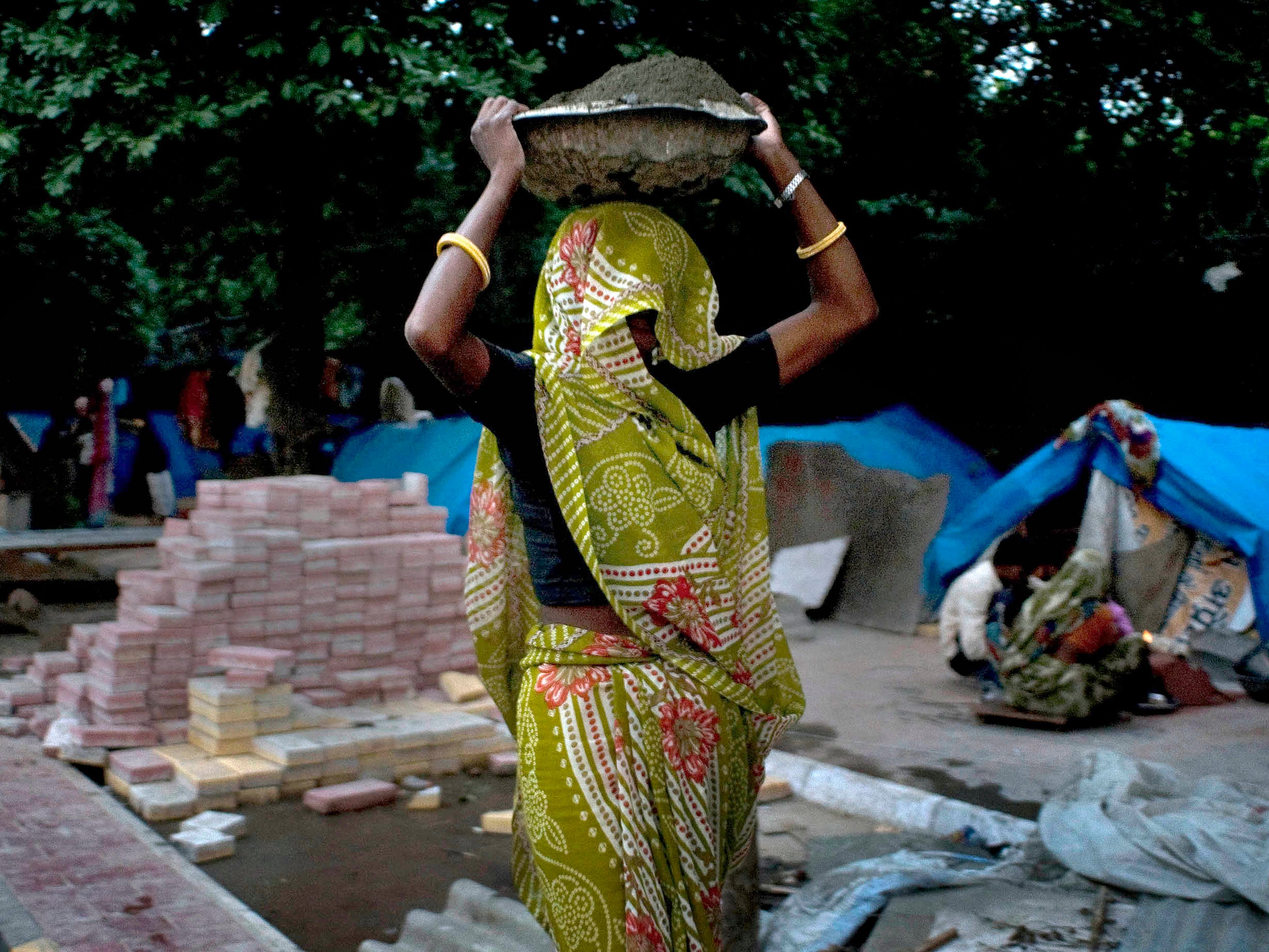Indian sisters told they will be repeatedly gang-raped as punishment for their brother's crime launch appeal at Supreme Court
The council - made up of powerful male elders - who made the decision called it an eye-for-eye form of justice

Your support helps us to tell the story
From reproductive rights to climate change to Big Tech, The Independent is on the ground when the story is developing. Whether it's investigating the financials of Elon Musk's pro-Trump PAC or producing our latest documentary, 'The A Word', which shines a light on the American women fighting for reproductive rights, we know how important it is to parse out the facts from the messaging.
At such a critical moment in US history, we need reporters on the ground. Your donation allows us to keep sending journalists to speak to both sides of the story.
The Independent is trusted by Americans across the entire political spectrum. And unlike many other quality news outlets, we choose not to lock Americans out of our reporting and analysis with paywalls. We believe quality journalism should be available to everyone, paid for by those who can afford it.
Your support makes all the difference.Two sisters who have been told they will be repeatedly gang-raped as a “punishment” for the crimes committed by their brother have pleaded with the Supreme Court to be protected.
The pair fled their village after an all-male council "ruled" that they should be raped, have their faces blackened and then be paraded naked because the brother eloped with a married woman from a higher caste.
The council called this an eye-for-eye form of justice.
Amnesty International, who are running a petition for the girls' protection, said: "Unelected village councils such as this are widespread in parts of India. More often than not they are made up of older men from dominant castes, who prescribe rules for social behaviour and interaction in villages."
Meenakshi Kumari, who is 23, is petitioning for protection from India's highest court for herself and her 15-year-old sister and family, who are the lowest caste in India - Dalit, or Untouchables.
After their brother Ravi married and ran away with a woman of the Jat caste, senior male members in the village, which is just outside Delhi, pledged to "avenge the dishonour" by inflicting horrific and humiliating punishment on his sisters.
Sumit Kumar, another of Meenakshi's brothers, said the members of the Jat caste were powerful in the village. "The Jat decision is final," he told Amnesty International.
The woman with whom Ravi eloped may also be in severe danger, according to the international human rights group. She married him willingly and is thought to be pregnant - while it is not clear whether the brother himself is in danger.
The coverage by Indian news site Zee Media outlines the love story between Ravi and the Jat woman, saying they wanted to be together when she was forcibly married to someone else in February.
Meenakshi's father has since filed a complaint to two national bodies for harassment from the Jat woman's family and from the police. The family home has also been ransacked, with police apparently doing little to prevent it.
The two sisters fear for their lives, and have said they cannot return to their homes in the Baghpat district. Such unelected village councils, called khap panchyat, have been labelled "kangaroo courts" by the Supreme Court they are appealing to.
Yet their decisions continue to be carried out across India, as the country remains engulfed in a wave of international controversy over the treatment of women since the gang-rape and murder of a female student in 2012 and other murders, burnings and rapes since.
Under India's Supreme Court current rules, which were reviewed after 2012, rape within a marriage is still not recognised, and same-gender sex carries the same punishment as rape.
Join our commenting forum
Join thought-provoking conversations, follow other Independent readers and see their replies
Comments